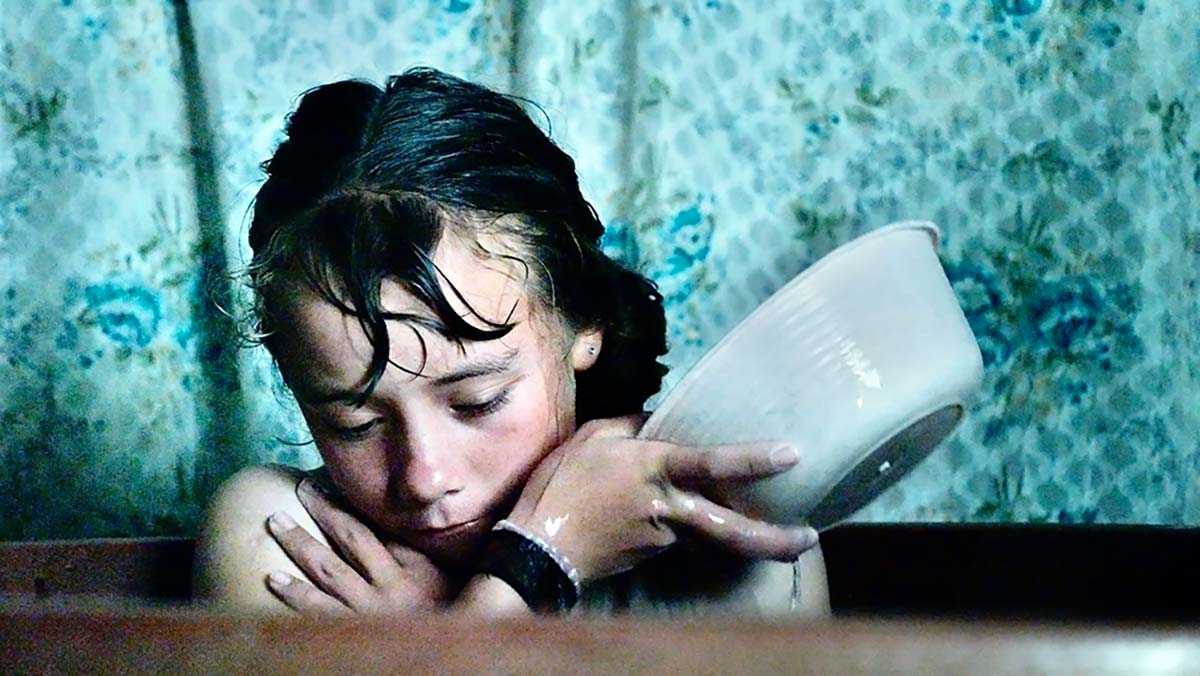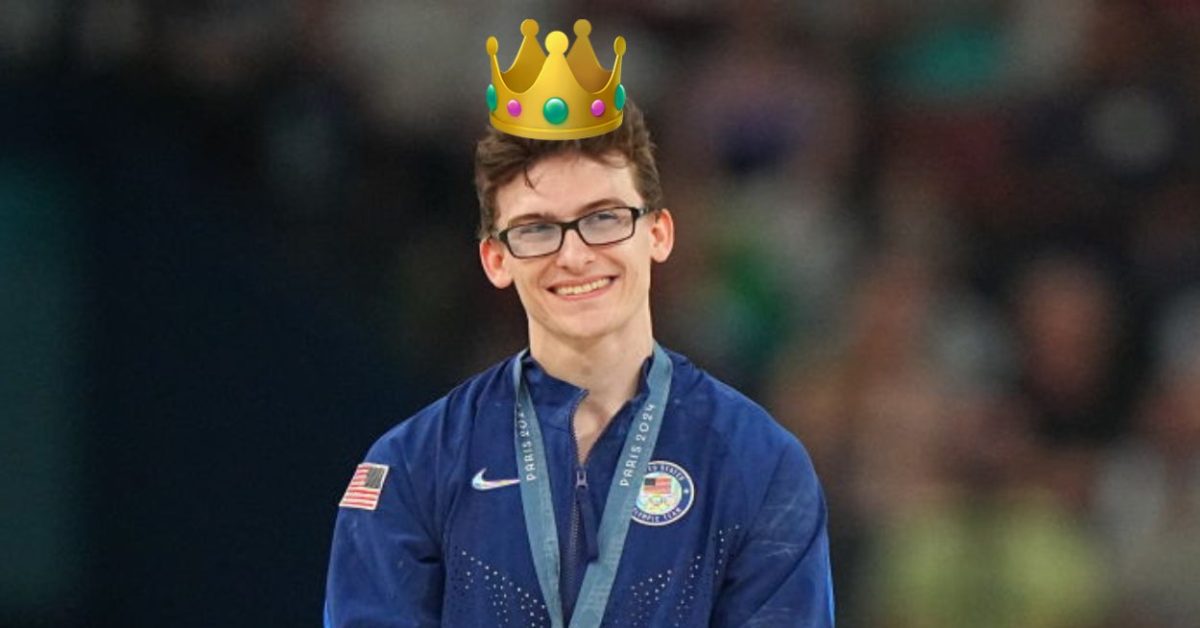
Tatiana Huezo Returns to Her Non-Fiction Roots with Another Striking, Multigenerational Story of Women and Nature [Berlin]
Feb 19, 2023
With an admirable cohesiveness, Mexican-Salvadoran director Tatiana Huezo (“Prayers for the Stolen”) has curated a body of work that often returns to familiar questions, subjects, and even precise images of evolving girlhood and untarnished nature. The filmmaker’s most fixed preoccupation is the spaces women carve for themselves and each other in communities where their safety, needs, and aspirations often suffer the tacitly violent tactics of patriarchal social norms.
Back to her documentary roots, Huezo follows her acclaimed fiction debut, “Prayers for the Stolen” (“Noche de Fuego”), with another multigenerational saga of mothers and daughters in a remote locale. “The Echo” (“El Eco”), a melancholically lush and intricately humanist portrait, takes its name from a rural village in the Mexican state of Puebla, not too far from bustling Mexico City. There, both young girls and older matriarchs hold down the fort.
Amid the long list of quotidian tasks—sheep shearing or corn harvesting—the social dynamics of this town, particularly as they relate to gender roles, emerge in conversations between women and their children. There’s Luz Maria, a sixth-grade student, who asks her mother why she married so young, a question to which there’s no satisfying answer, and Sarahí, whose desire to continue her education—maybe become a teacher—hinges on her family’s financial situation, which is precarious since they earn a living from the land.
Deemed rebellious by her mother, Montserrat or Montse, an adolescent with her own ideas about her future, cares for her mostly bedridden, elderly grandmother, lucid enough to briefly share about her younger years and to sorrowfully express how useless she feels now.
Montse enjoys horse-riding and thinks of joining the Mexican army, but her friend Bere is skeptical—likely a symptom of the lack of precedent in her traditional microcosm. After an argument with her mother, Montse’s determined visage fills the screen. It silently tells us that a plan is brewing within her not to perpetuate what the women before her endured.
Huezo’s institutive eye for finding wondrous sights in what’s considered ordinary reunites her with “Tempestad” cinematographer Ernesto Pardo. Shots of insects crawling through their domain, of eerie landscapes under siege of thunder and rain, of farm animals running in controlled chaos build a visual language that closely approximates the director’s imagery in both “Tempestad” and “Prayers for the Stolen” and even her first feature, “The Tiniest Place.” The common thread in their imagery is the relationship between people and place.
What resonates as formally innovative here is that Huezo ditches narration entirely, a component that had prominently featured in her nonfiction works as a way for her subjects to contextualize or offer contrast to her lyrical frames. “The Echo” instead exhibits superb fluidity and no signs of a linear plot other than touchtone moments such as death or the end of the school year. From one scene to the next, like paint strokes slowly giving shape to an idea on a canvas, one can draw thematic parallels between the individual stories.
However, the lack of traditional narrative devices sometimes forces Huezo to include contrived instances to express some of the ideas in “The Echo unambiguously.” A prime example is a sequence where Sarahí explains to other children in her class what sound waves are and how they travel through the air. Ultimately, these slightly on-the-nose interactions don’t subtract much from the earthy splendor that Huezo’s superb ability to see beyond the surface of human behavior and into its meaning conjures up.
The sonic phenomenon that gives these green pastures their name, the echo, serves as a symbol for the ideologies, fears, and even trades passed on through generations, the ways in which parents instill unspoken and limiting expectations. But although the message might sound the same once it reaches the other person, the recipient has the opportunity to reinterpret it. Inevitably, the failures and triumphs of our forebears reverberate within us, but a new generation brings the possibility to modify and challenge outdated patterns.
The men, including the young siblings of the female protagonists, have prescribed and replicated facets of their own. Some boys speak of dropping out of school to follow in their father’s footsteps and work full-time plowing and planting. At school, some of them share the botanical knowledge they’ve inherited in order to scare witches away. Meanwhile, the adult males guard the forest against clandestine loggers or spread sexist ideologies: Luz Maria’s father orders her brother not to pick up his plate from the table because that’s a woman’s job. Still, Luz Maria’s mother fights back against his chauvinist mindset.
Using those collective glimmers of necessary defiance like a torch, Montse’s decision to stop moving to the same rhythm that reduced women to passive roles of servitude and submission, to break communication with the parts of the past that no longer serve her ambitions, might just allow for the crisp wind of El Eco to carry a new tune. [A-]
Publisher: Source link
Jennifer Lopez Asked About Turning 60, Age
Jennifer Lopez Asked About Turning 60, Age Never ask a woman her age, a man his salary, or Jennifer Lopez how she feels about turning 60. On Sunday, the actor was interviewed by Variety amid the release of her new…
Dec 21, 2024
Lala Kent Shares Text With Ally Lewber After James Kennedy’s Arrest
The BCU (Bravo Cinematic Universe) was shaken on March 3, 2023, when it was confirmed that Tom and Ariana had ended their nine-year relationship amid the revelation that he'd had a seven-month affair with Raquel. "I made mistakes, I was…
Dec 21, 2024
Vote For Your 2024 Person Of The Year
Vote For Your 2024 Person Of The Year One thing we can all agree on is that Donald Trump being named Time's Person of the Year was a terrible choice. So, I'm here to provide y'all with a worthy alternative.…
Dec 20, 2024
Plane Crash Near Buffalo Bills Player Dion Dawkins’ Property Kills One
Buffalo Bills Player Dion Dawkins Speaks Out Following Fatal Plane Crash on His PropertyFootball player Dion Dawkins is speaking out following a deadly plane crash in Aurora, N.Y. The Buffalo Bills offensive lineman missed part of practice on Dec. 19…
Dec 20, 2024











